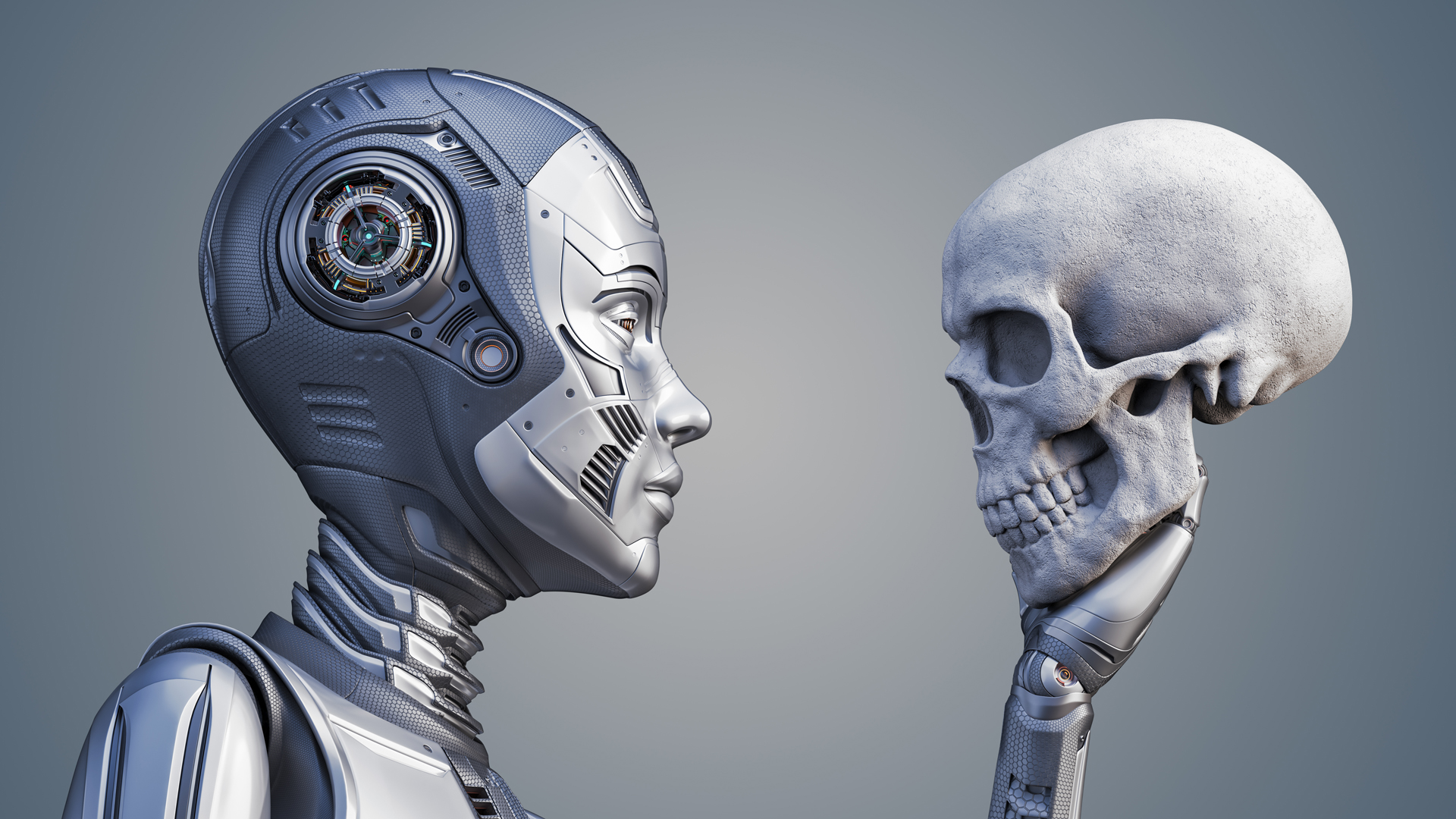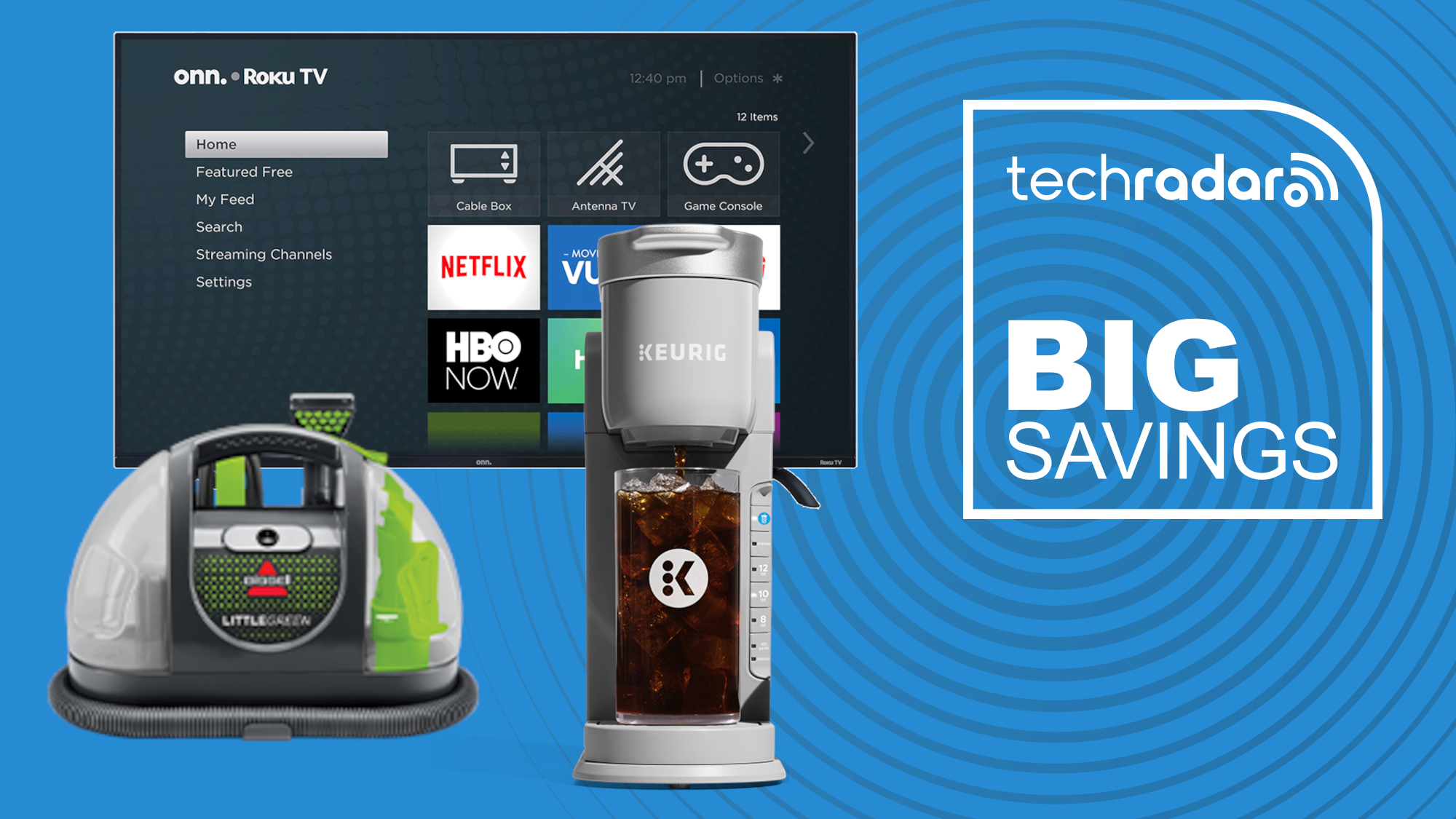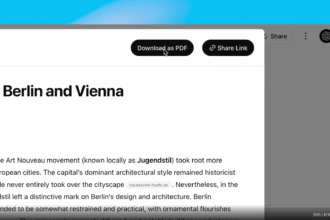- Many candidates acknowledge they wouldn’t tackle AI-generated exaggerations, even if they are aware of them.
- Recruiters are finding it challenging to differentiate between genuine applications and those enhanced by AI.
- Hiscox reveals that AI-generated CVs frequently mask inflated qualifications and fabricated interests.
The landscape of job hunting today is remarkably shaped by artificial intelligence, a factor that complicates the dynamics between job candidates and hiring managers. This surge in AI’s role isn’t solely due to corporate embrace; job seekers too are adopting these high-tech tools to polish their applications and enhance their marketability.
A recent initiative by Hiscox, a well-known insurance specialist, has unearthed the intriguing and somewhat troubling ways candidates are utilizing AI. Remarkably, a striking 53% of job applicants have sought AI assistance to refine their CVs, with a significant number viewing this tactic as completely legitimate.
In fact, the report indicates that 59% of these applicants believe that incorporating AI into their job application process is entirely acceptable, and about 37% admitted they wouldn’t correct any fictional enhancements made by AI. This trend sparks a debate regarding the ethical implications of using AI in personal branding as candidates strive to stand out.
According to Pete Treloar, Hiscox’s Chief Underwriting Officer, the advantages of AI in recruitment are clear but come with inherent risks. “AI can effectively help candidates highlight their strengths… yet, it demands careful and honest application,” he emphasizes, underscoring the importance of authenticity in an era dominated by automation.
The recruitment environment is evolving into a labyrinthine challenge for hiring professionals, as they increasingly encounter AI-generated CVs that mimic the structure and tone of authentic applicant documents. However, these applications may conceal exaggerated achievements and entirely fabricated skill sets, leading to a troubling scenario where recruiters struggle to distinguish between truth and a well-crafted facade.
Moreover, candidates are not merely confining AI tools to CV building; they are employing them for various facets of the job search process, including interview preparation (29%) and online assessments (45%). This trend raises the question of whether hiring managers are truly evaluating the capabilities of candidates or merely assessing the effectiveness of algorithms.
The implications of this heavy reliance on AI ripple through the integrity of traditional hiring practices and job platforms as more applicants turn to these automated techniques for constructing their profiles. The growing dependence on AI raises serious concerns regarding equity and transparency in the recruitment process.
Notably, a faction of job seekers remains skeptical about the increasing influence of AI. Hiscox’s findings suggest that 41% feel the technology grants an unfair advantage to certain candidates, while 42% express concerns that it ultimately misleads employers.
We are venturing into a new era where AI isn’t just an auxiliary tool in recruitment; it risks becoming the norm. This shift heralds significant challenges for recruitment agencies striving for fair and effective hiring practices.
A particularly alarming statistic from the Hiscox report reveals that 38% of applicants admit to embellishing or fabricating credentials on their CVs—a trend that finds a troubling ally in AI advancements. As Treloar insightfully notes, “If recruiters convey misleading information or dubious references to their clients, it endangers professional relationships and could lead to serious consequences, highlighting the urgent need for dependable insurance solutions.”























